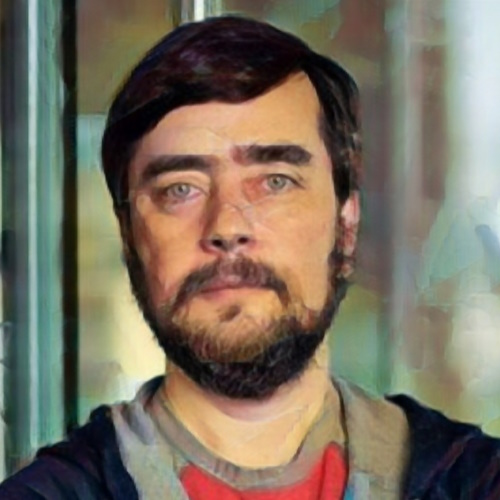The First Cancer Cell: A Revolution in Early Detection | Michael Levin & Azra Raza
Live Longer World podcast-Rethinking Cancer Detection with Azra Raza & Michael Levin
In this compelling episode of Live Longer World, host Aastha Jain speaks with Dr. Azra Raza and Dr. Michael Levin about a revolutionary approach to cancer: targeting the very first malignant cell before it multiplies. Together, they explore a radical shift in cancer treatment: focusing on the first cancer cell to enable true early detection and prevention.
Key Points:
This episode explores a groundbreaking approach to cancer detection and treatment, focusing on the identification and targeting of the very first cancer cell. Dr. Azra Raza, an oncologist and researcher, and Dr. Michael Levin, a biologist specializing in bioelectricity, discuss how this shift from late-stage treatment to early interception could revolutionize oncology.
- The Concept of the First Cancer Cell: Dr. Azra Raza emphasizes that current cancer treatments often begin too late. She advocates for a paradigm shift: identifying and eliminating the first cancer cell before it multiplies, thereby preventing full-blown disease.
- Failures of Current Cancer Therapies: Despite decades of research and massive investments, survival outcomes for many cancers have not significantly improved. Dr. Raza critiques the pharmaceutical industry for focusing on late-stage treatments instead of prevention.
- Biological Electrical Circuits & Cancer Detection: Dr. Michael Levin introduces the concept of bioelectricity—how cells communicate via electrical signals—and its potential in detecting and reversing cancerous transformations at early stages.
- The Role of AI & Biopsy Archives: Dr. Raza discusses how artificial intelligence, when applied to her extensive repository of pre-cancer tissue samples, can help identify predictive biomarkers and train systems to recognize the transition to malignancy.
- Reprogramming Cancer Cells: Dr. Levin suggests that, instead of killing cancer cells, we might "re-educate" them by resetting their bioelectrical signals, allowing them to return to normal function rather than undergoing cell death.
- Ethical and Philosophical Implications: The conversation also touches on the ethics of early intervention, the importance of patient-centric approaches, and the need to move beyond a profit-driven medical model to one that truly prioritizes human life and dignity.
Visit website: https://www.youtube.com/watch?v=EWNjw3pg9sA
See alsoDetails last updated 13-May-2025




